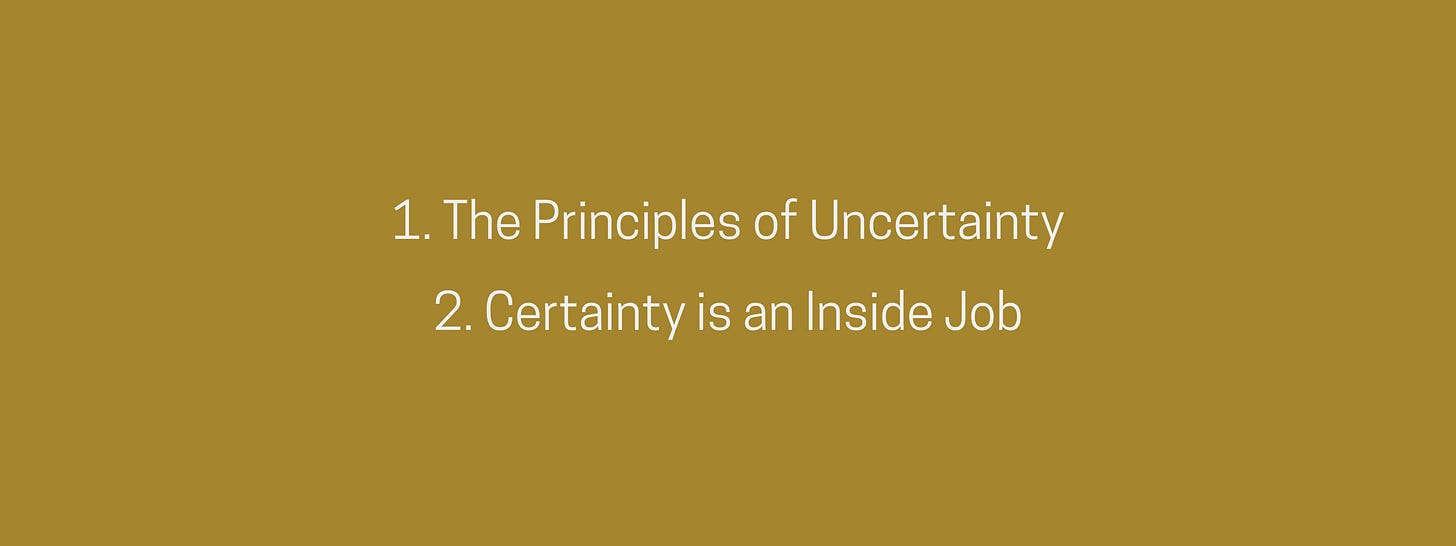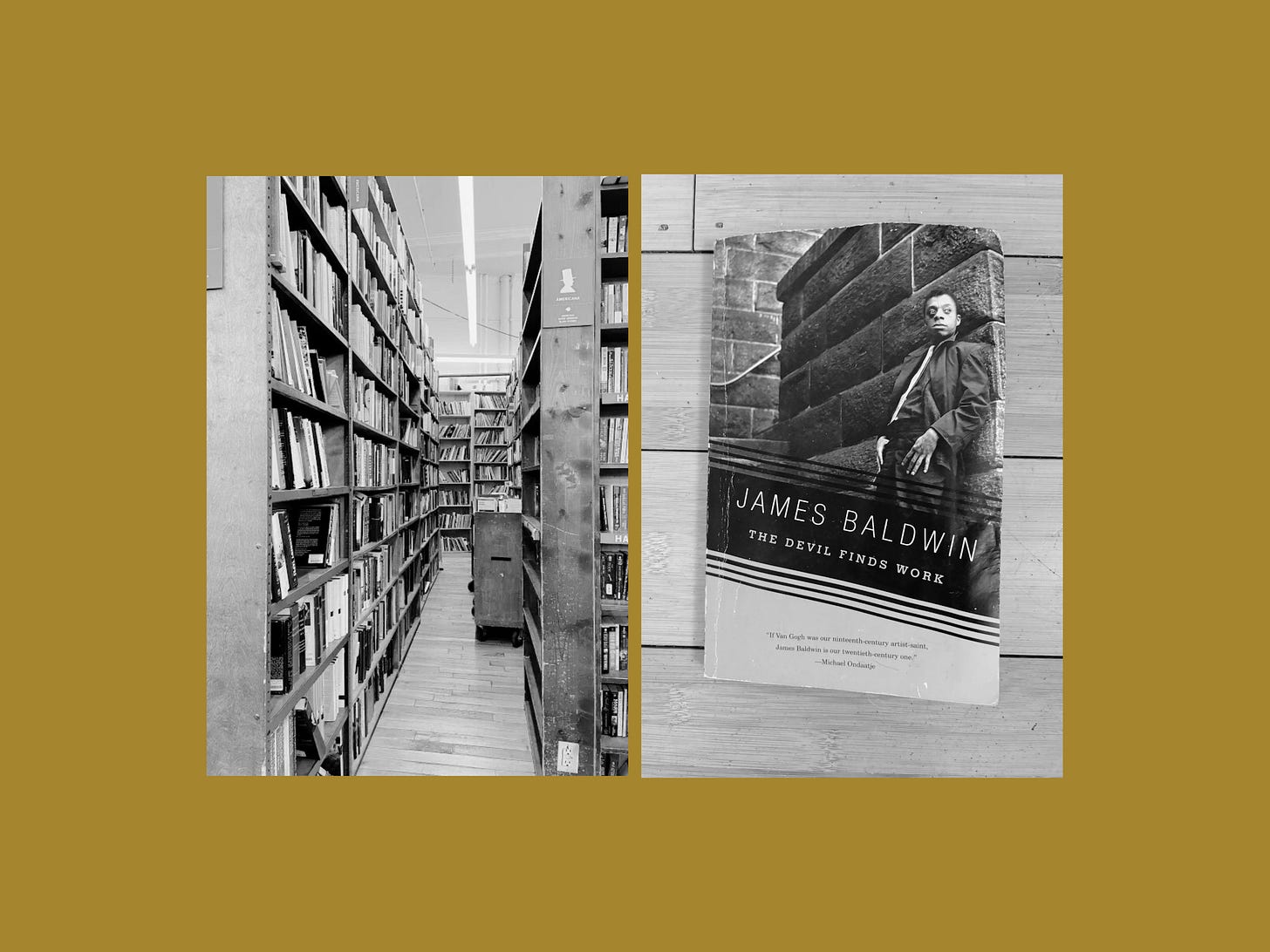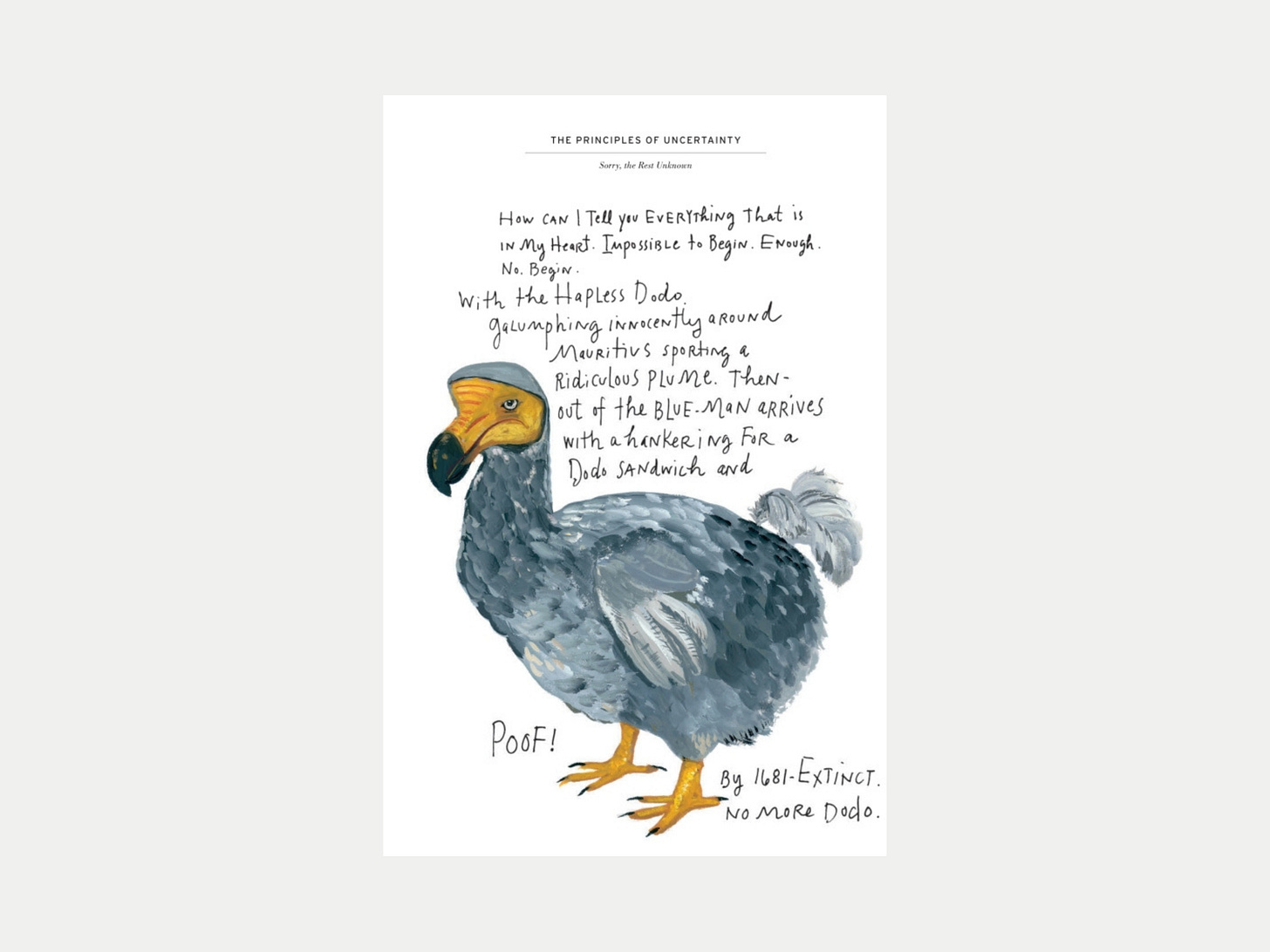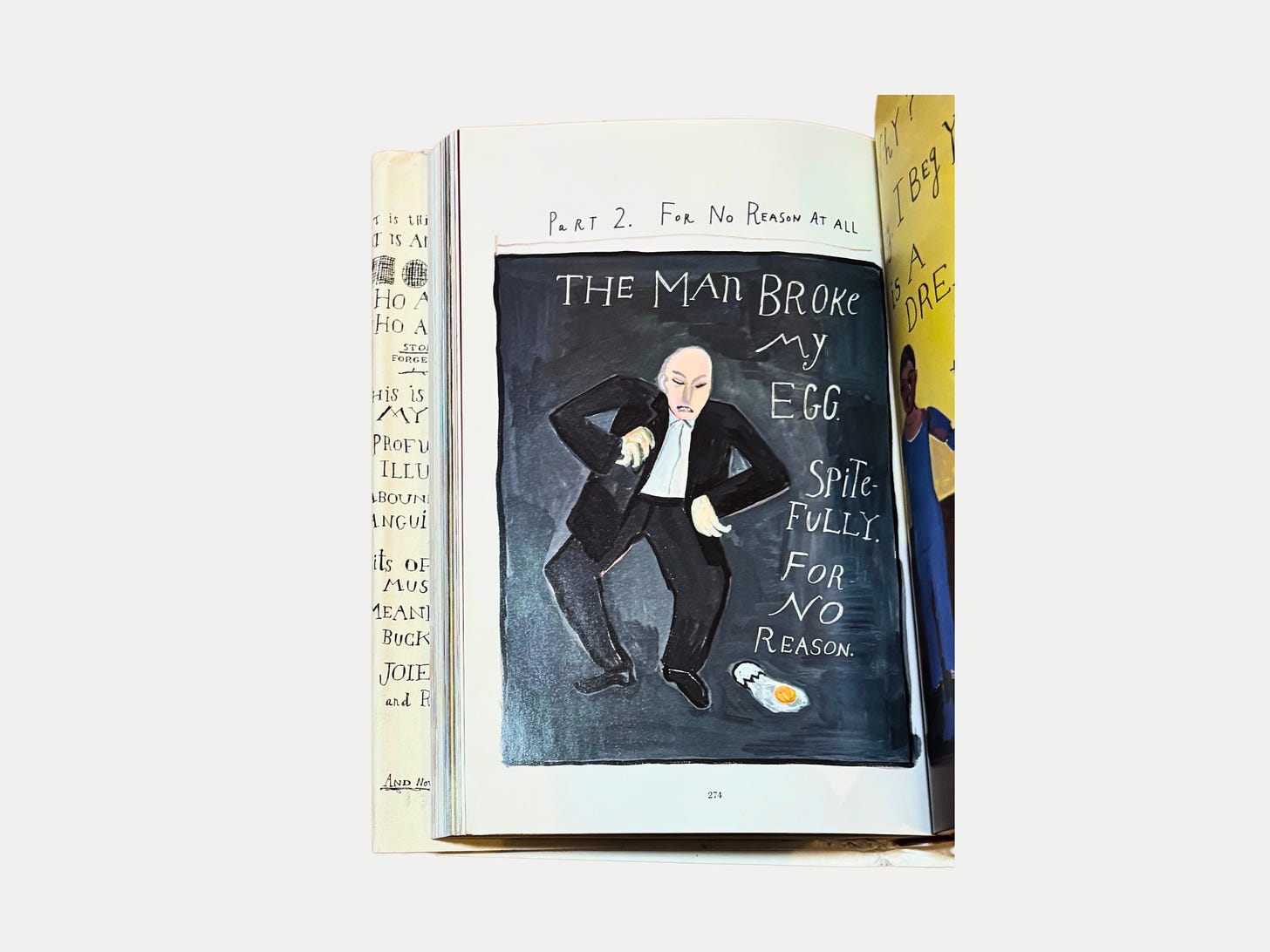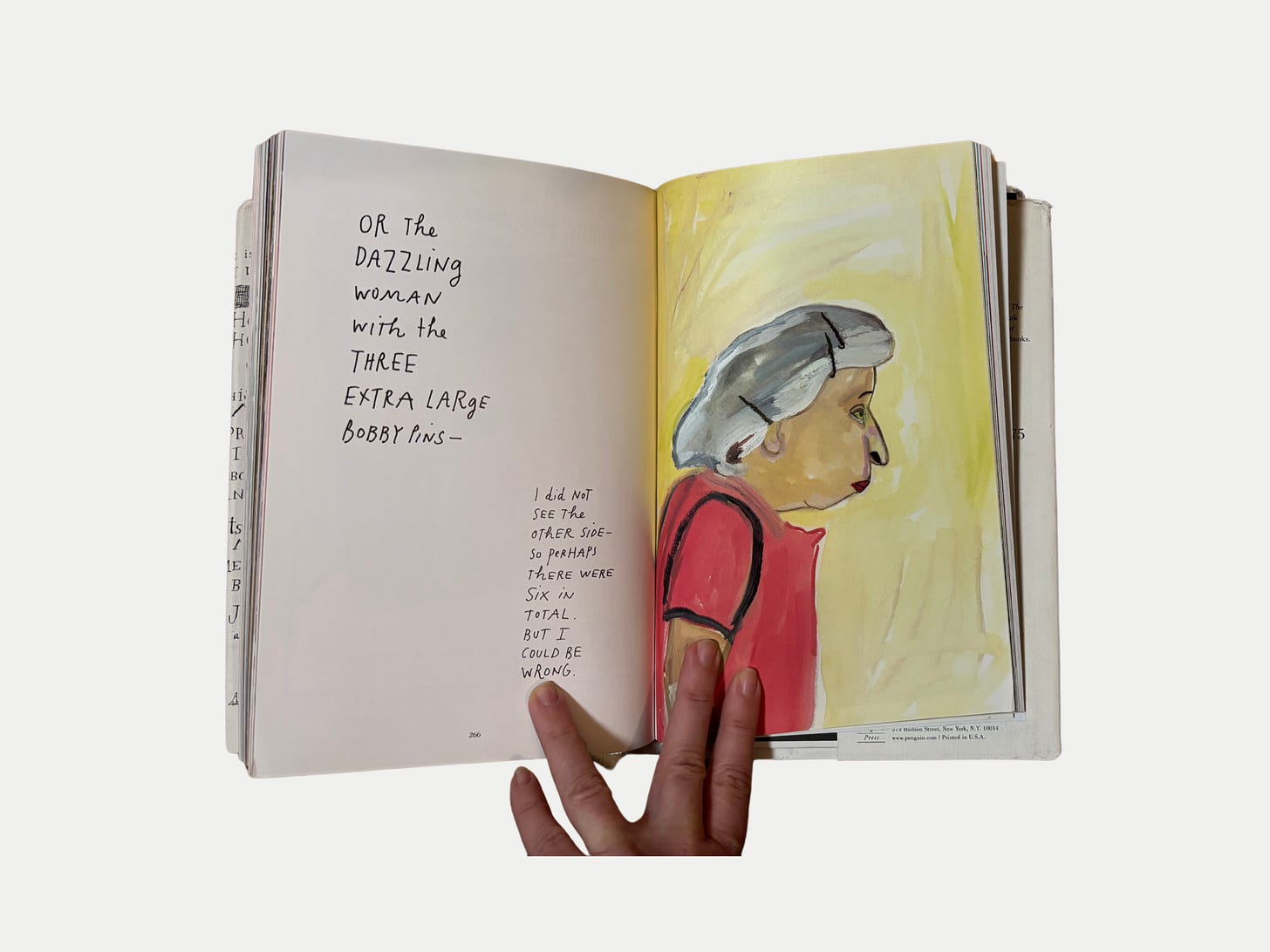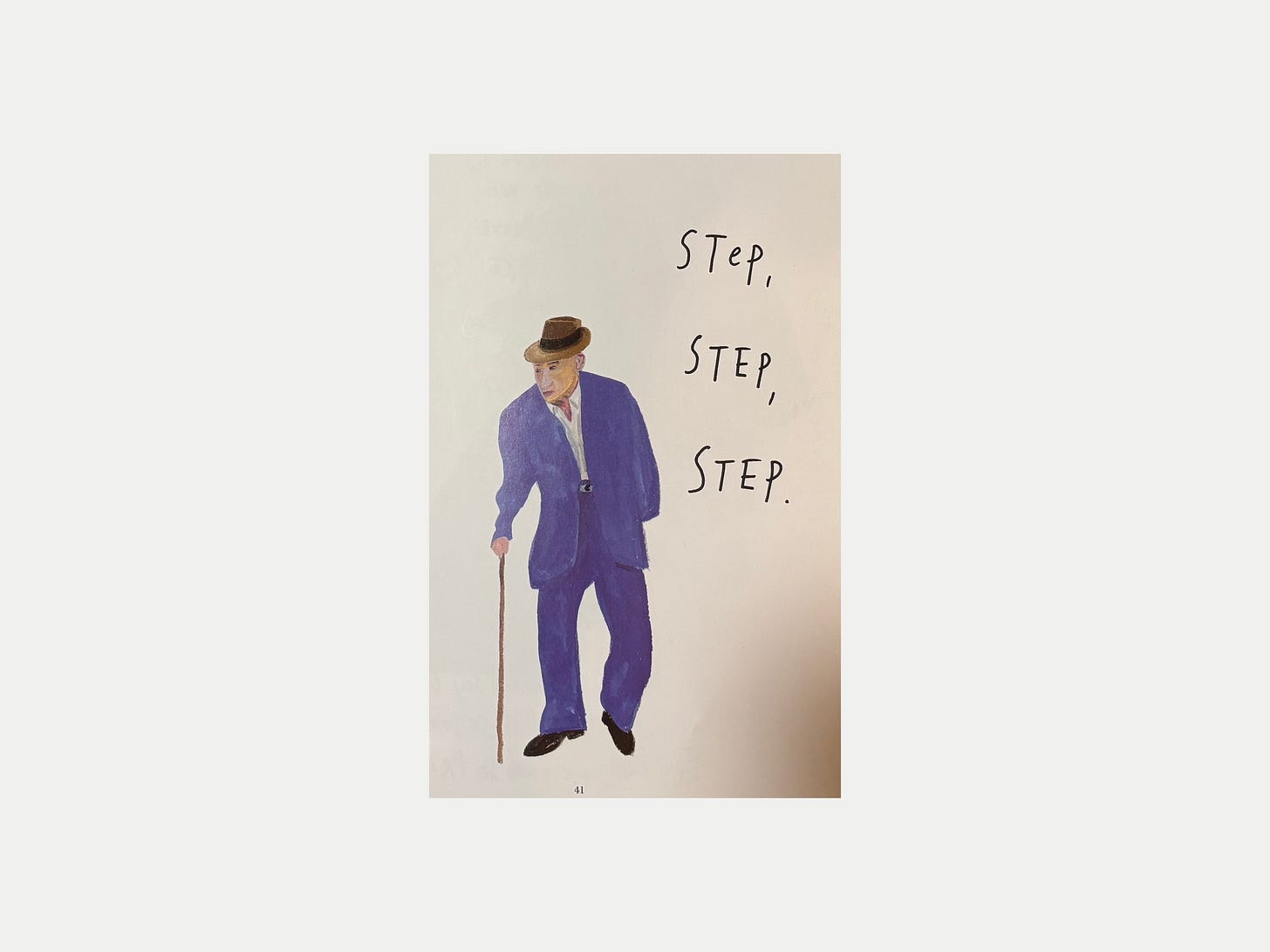058 The Principles of Uncertainty
Anyone else experiencing unusually high levels of uncertainty? (lol)
1. The Principles of Uncertainty
As a 27-year-old, newly arrived in New York, I embarked on what I called "Operation Friend Make." I was in a place where I knew nobody, and my efforts to change that meant I was often idling around the city between appointments. My favorite spot during those in-between hours quickly became The Strand Bookstore.
I would browse the shelves, wander up to the top floor, search for particular books on architecture. I was especially into post-modernism at the time because it had largely missed Brisbane where I grew up—a place that remained almost morally wed to "regionalism" and "tropical modernity." Also, I was interning at the Architectural League of New York and listening to old post-modern lectures by Michael Graves and Charles Jencks on cassette for what would become the League’s digital archive.
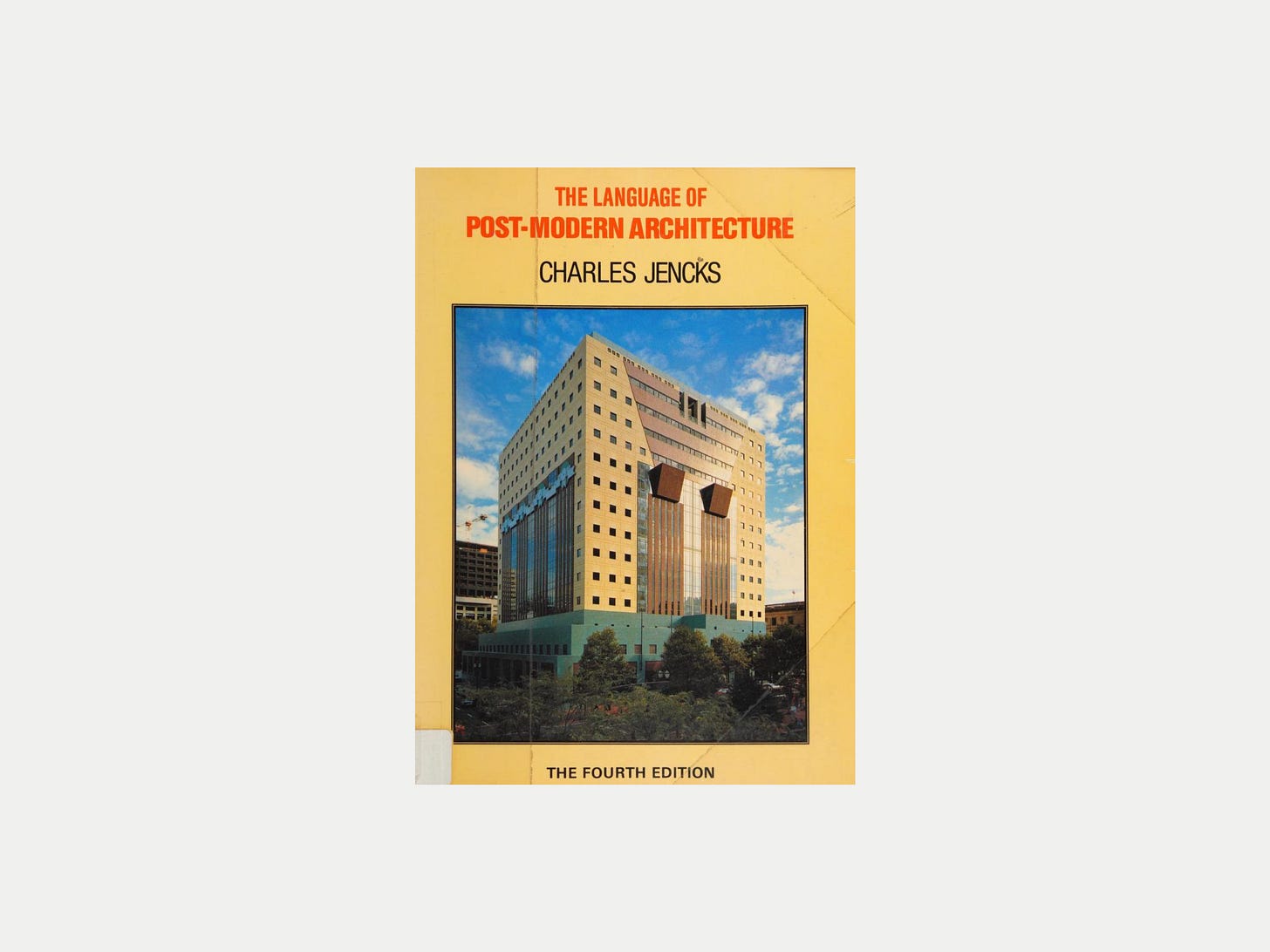
Mostly though, I would randomly walk between the high stacks of second-hand books on the ground floor. I kid you not, this is how I began to read James Baldwin, when I randomly pulled his book The Devil Finds Work off the shelf. I can remember it lying flat in my two open palms and feeling as though the particles of the universe were rearranging themselves. Still being a young woman I was inherently self-conscious, and I lowered my head and looked around furtively, afraid I might get in trouble for disturbing people by having triggered the recalibration of existence.
Baldwin would have turned 100 years old last year, a man and author who means so much to millions of readers, and whose perspective remains fiercely loving and tragically fresh decades after his death.
(Why do we humans keep normalizing all the ugly things? Is it so we can avoid having to really look at them like Baldwin did?)
Anyway, browsing Strand Books' used section is also how I discovered Maira Kalman and her sumptuous book The Principles of Uncertainty. In it, she "profusely illustrates" a year of her life. Her lush and sensuous paintings are of the wonders of everyday detritus, her morning walks (the backs of people's coats mostly), and historical musings on all that has been lost to time.
Isn't everything—everything—so fleeting in the eternal scheme of things?
That is the kind of sentiment Kalman paints out with her beautifully odd mixture of capitals and lowercase letters.
The way Kalman relishes in uncertainty is my favorite way to experience it: as a bittersweet magic.
Everything is always changing so there is loss, and disorienting grief, and blanketing fear and pain.
Everything is always changing so there is surprise, and serendipity, and savoring the moment, and chance encounters, and inspiration, and miracles, and, and, and…
…the certainty that all is not lost.
All is never lost.
2. Certainty is an Inside Job
Certainty is an impossibility in the external world. This is the unruly gift of existence. It is why we need each other.
But in our interior worlds, certainty is absolutely something we can cultivate. We can be certain about our values, and what we stand for, and where we will draw the line.
Our internal certainty can be an invitation from courage herself.
We can embody certainty as an internal energetic tool. This is not about projecting our certainty outwardly in order to control or force the world around us. (Nor is it narrowly focusing on a singular so-called "wrong" while ignoring the interconnected multitudes, to justify certain actions, like laying off 30,000 federal workers.)
Embodying certainty is more like a visionary magic. The kind that motivating people like Tony Robbins make their livings from. For example, when we started Young New Yorkers, for years we were on the precipice of apparent failure. But we did not focus on this. Instead we knew with a full-bodied certainty that we would shift the way young people were imagined inside of Brooklyn courtrooms. This made us bold. Then unstoppable.
And it is in this way that cultivating an optimistic internal certainty is not just hopeful, it is radical.





